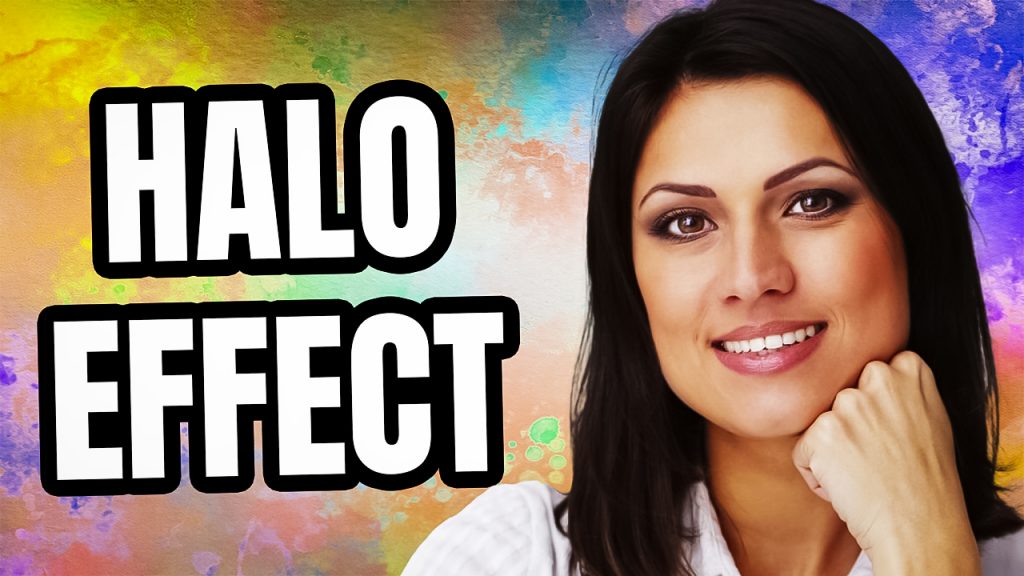What is the Halo Effect?

The Halo Effect is a cognitive bias that occurs when a person’s overall impression of someone,
or something, influences their perception of that person or thing’s individual traits or
characteristics. This phenomenon was first described by psychologist Edward Thorndike in
1920, who observed that military officers tended to rate their subordinates as having either
uniformly good or uniformly poor qualities. He dubbed this tendency the “halo effect” because it
seemed as though a “halo” of positive or negative attributes was surrounding the individual.
Since then, the Halo Effect has been studied extensively by psychologists and has been found
to have significant implications in a wide range of contexts, from business and politics to
personal relationships and social interactions. The basic idea behind the Halo Effect is that
people tend to make judgments based on their overall impression of a person or thing, rather
than on specific, objective criteria.
For example, if someone is attractive, they may be perceived as more intelligent, competent,
and trustworthy than someone who is less physically appealing. Similarly, if someone is
successful in one area, such as business or sports, they may be seen as having positive
attributes in other areas as well, even if there is no direct evidence to support this belief.
One reason that the Halo Effect is so pervasive is that it is often unconscious, meaning that
people may not even realize that they are making judgments based on their overall impression
of a person or thing. This can lead to inaccurate or biased evaluations, as people may overlook
or discount negative traits or behaviors that do not fit with their initial impression.
Another factor that contributes to the Halo Effect is the human tendency to seek out information
that confirms our existing beliefs or biases, while ignoring or discounting information that
contradicts them. This is known as confirmation bias and can reinforce our initial impressions of
a person or thing, even if they are not accurate.
The Halo Effect can have significant consequences in a variety of contexts. In business, for
example, it may lead managers to make hiring or promotion decisions based on subjective
factors such as appearance or likability, rather than on objective measures of job performance.
In politics, it may lead voters to support a candidate based on their charisma or personality,
rather than on their policies or qualifications.
In personal relationships, the Halo Effect can lead people to overlook negative traits or
behaviors in their partners, or to idealize them based on their overall impression. This can
create unrealistic expectations or lead to disappointment and conflict when the reality of the
person or relationship does not match up to the idealized image.
One way to combat the Halo Effect is to be aware of it and to consciously seek out objective
information when making judgments about people or things. This can involve asking for feedback from others, seeking out diverse perspectives, and actively challenging our own
biases and assumptions.
In addition, it can be helpful to focus on specific, measurable criteria when evaluating
someone’s performance or abilities, rather than relying on overall impressions or subjective
factors. This can involve setting clear goals and benchmarks, and regularly reviewing progress
against these objectives.
Overall, the Halo Effect is a pervasive cognitive bias that can have significant implications for
our perceptions, judgments, and decisions. By being aware of this phenomenon and actively
working to combat it, we can make more accurate and objective evaluations of the people and
things around us.
This Post is Brought To You By BetterHelp